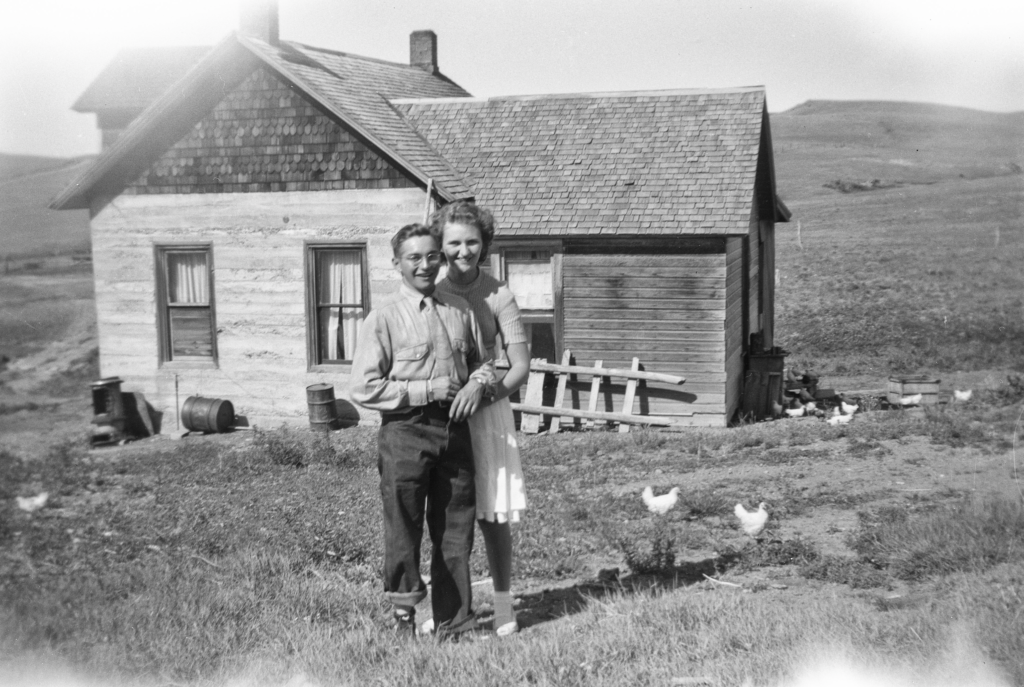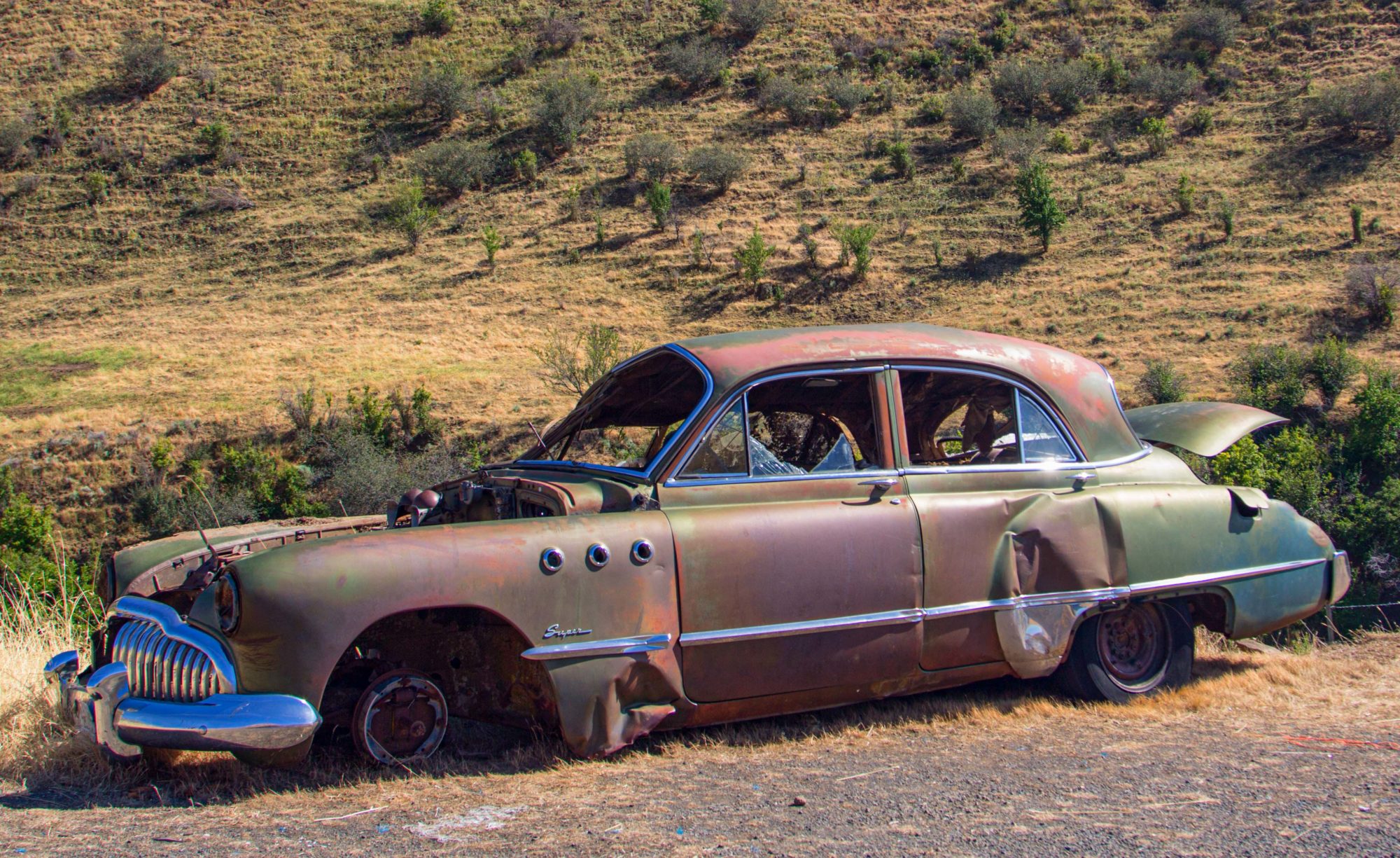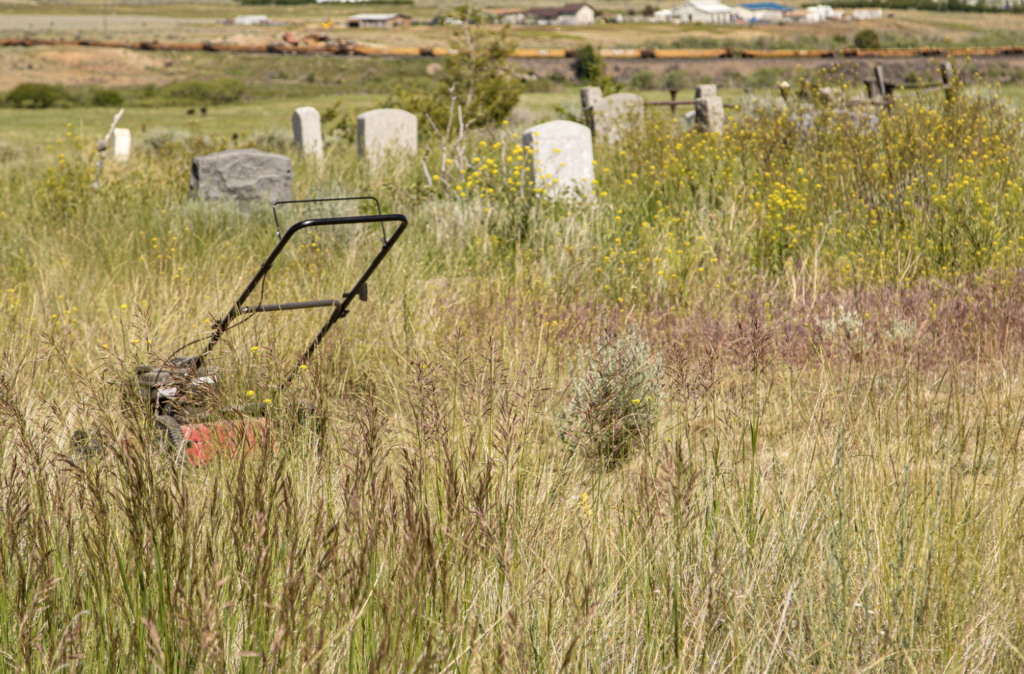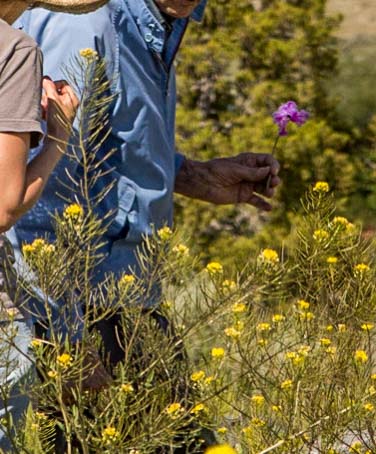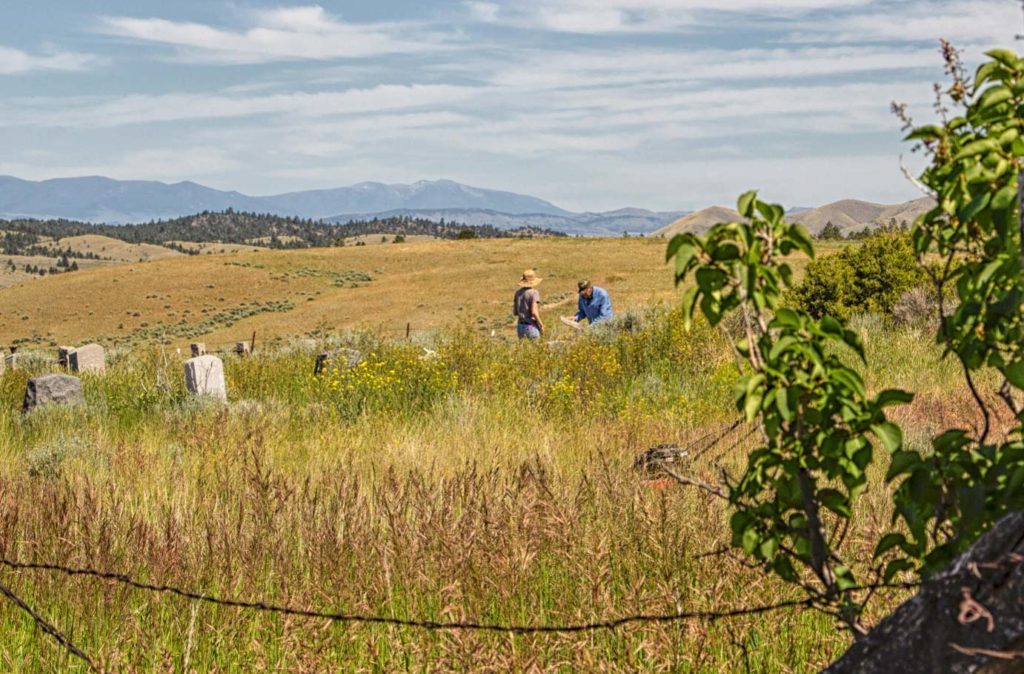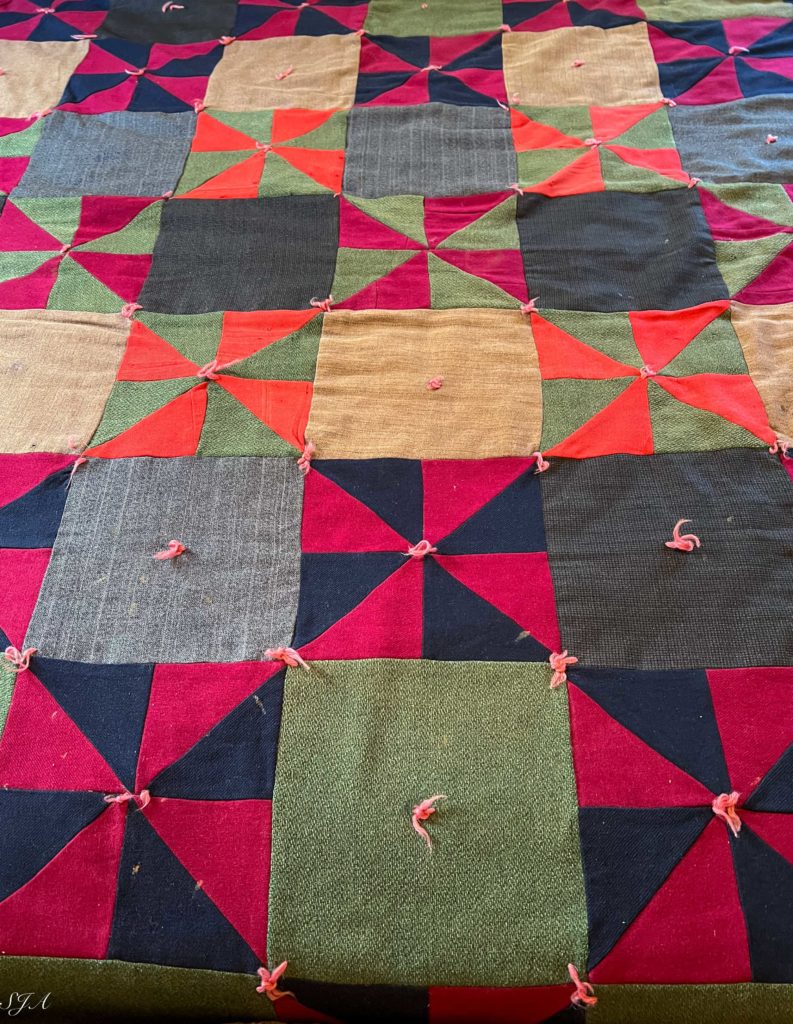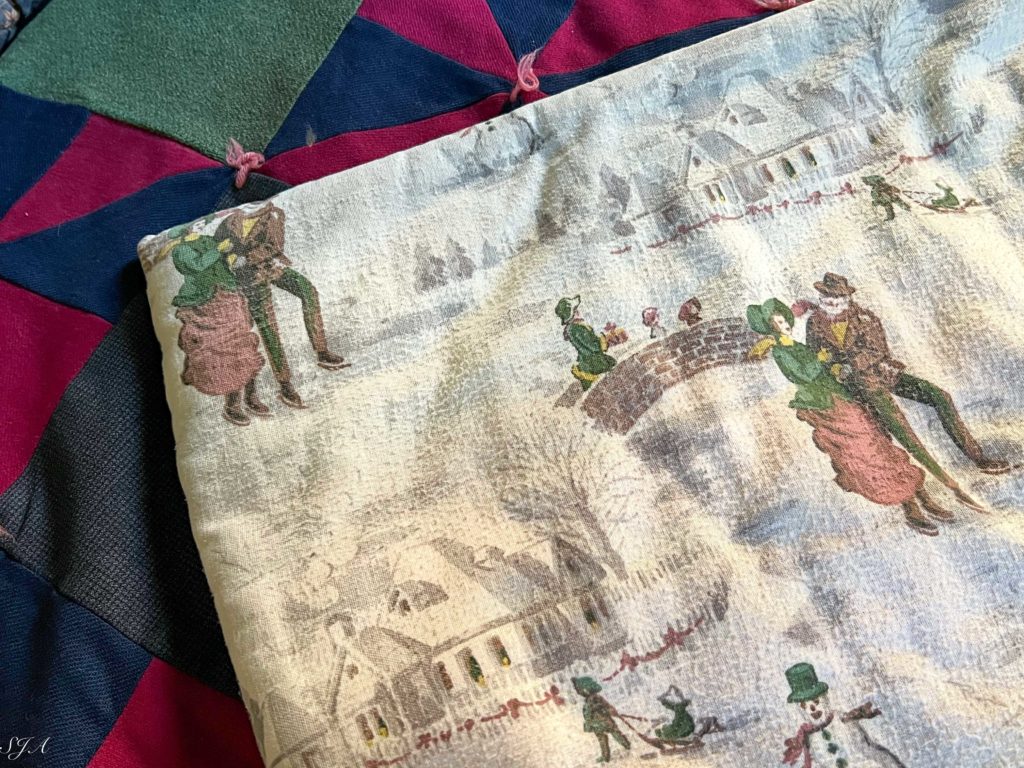Shortly before Mama died, she gave me a book to read, “90 Minutes in Heaven.” She said that I after I read it, I was to pass it on the other family members. Did she somehow know that in just a few short weeks her life would be snatched away from her in an accident?
The doors of the elevator clanked open. I stepped out. There was no sign of anyone. The empty halls echoed as it mimicked and taunted each of my footsteps. At one moment I was consumed with loneliness. That was the loneliest, before and after, that I have ever been. The walls seemed to close in on me sucking out every breath. I stopped, willed myself to be brave, took a deep breath, and said, “Okay, Lord, it’s me and you.” Slowly, purposefully, I walked forward knowing exactly what stood in my path in the darkened corridor beyond. At least I didn’t have to walk alone.
At the doorway to the Trauma Unit, I pushed the buzzer. In no time at all, a nurse came out. There was no need for her to ask who I was because I had just spoken with her not three minutes earlier. She led me to a small room with the walls lined with chairs. A table in the corner had inspirational pamphlets spread on top. The nurse asked if I was okay. I looked at her and said, “I guess I have to be.” She had seen others like me, those who felt swallowed up in the shadows of death and grief. “The doctors will be here in a moment.” As she turned to leave me briefly, her eyes surveyed me. There was compassion, and just maybe I saw a tear slip down her cheek.
I sat there alone for a few minutes when the door opened. The nurse along with several of the doctors slowly stepped in. They looked as if they didn’t know what to say or who was going to speak first. I wonder, did they see a frightened little four-year-old girl sitting by herself scrunched up in a stiff straight-backed chair? That’s what I felt like. Maybe they saw a woman who had a monumental job ahead of her. I don’t know, but I stood and spoke first, “I just want you to know that I know what you are going to say, and it’s okay.” One of the doctors said, “I’m sorry but we’ve done all we can do. Are there phone calls you need to make?” They each expressed their condolences and said they would continue to give Mama oxygen until the family arrived. The door closed behind them as they left the room. A mountainous task was before me.
After the calls were made, I rang for the nurse again. She ushered me into Mama’s room. That was my time. Though Mama gave no sign that life was still within her body, I talked to her. I sat by her side, rubbed her arm and hand. It felt as if there was moving bubble wrap under her skin, the trapped air and gases moving through her body. I told her thank you for putting up with all of us kids and that I loved her. I also made promises to finish the quilts she had started for graduation presents for the rest of the grandkids, and that I would care for Daddy and not let him remarry unless I approved. Yes, one day awhile before this event, with Daddy present, she said that if something happened to her, it was okay for Daddy to remarry with one stipulation – I had to approve.
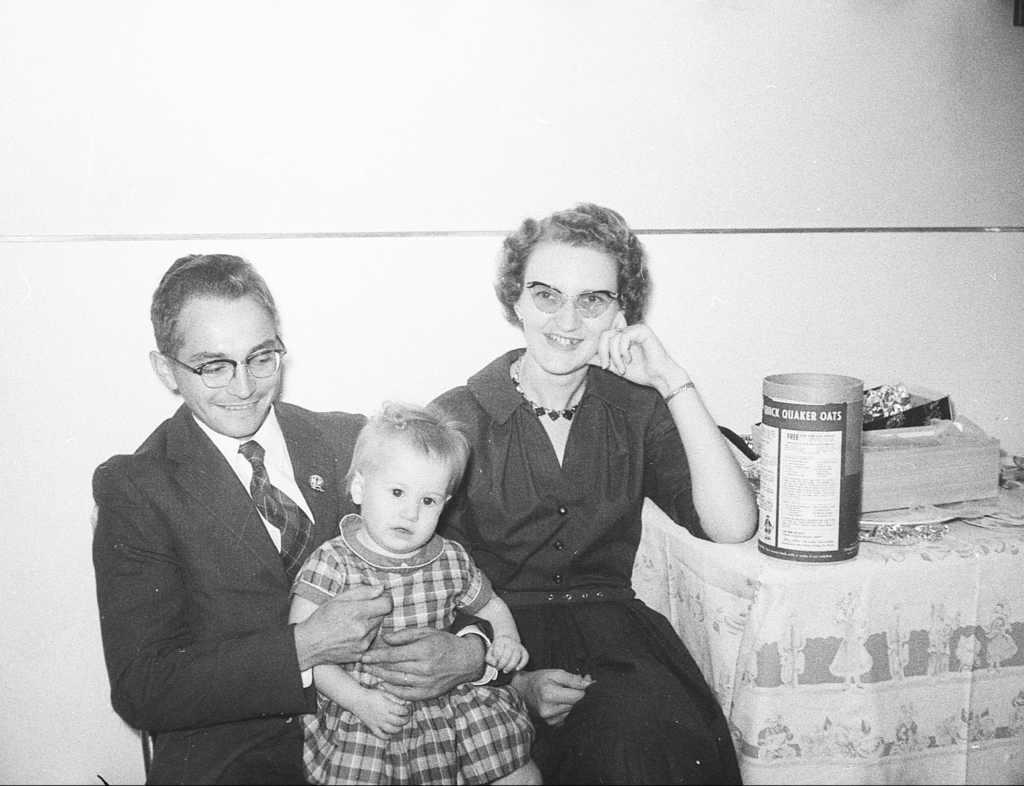
The nurse had given the approval for me to bring in family members as they arrived so everyone would get a chance to have a private moment with Mama. Having said my goodbyes, I once again took a deep breath and willed for the strength to perform the task at hand. As time progressed, the doctor said, “We can’t wait any longer.” But Gary wasn’t there yet. Just as consent was given to remove the oxygen, he came in.
Daddy was rolled in on his hospital bed and placed by Mama’s side. He took her hand, caressed it, and declared that she squeezed his hand. Then it was over. Mama was gone. She had told me time and again that if anything happened that stole her quality of life, she didn’t want to live. If she had lived, there would have been hours, days, and years of fighting for every breath as her broken body mended, and even at that, she would not have been the same. She went as peaceful as she could. As for the rest of us? There was still a battle ahead. Daddy had lost the will to live. He felt that he had fulfilled his duty, “’Til death do us part.” Yes, those, too were the longest hours.
